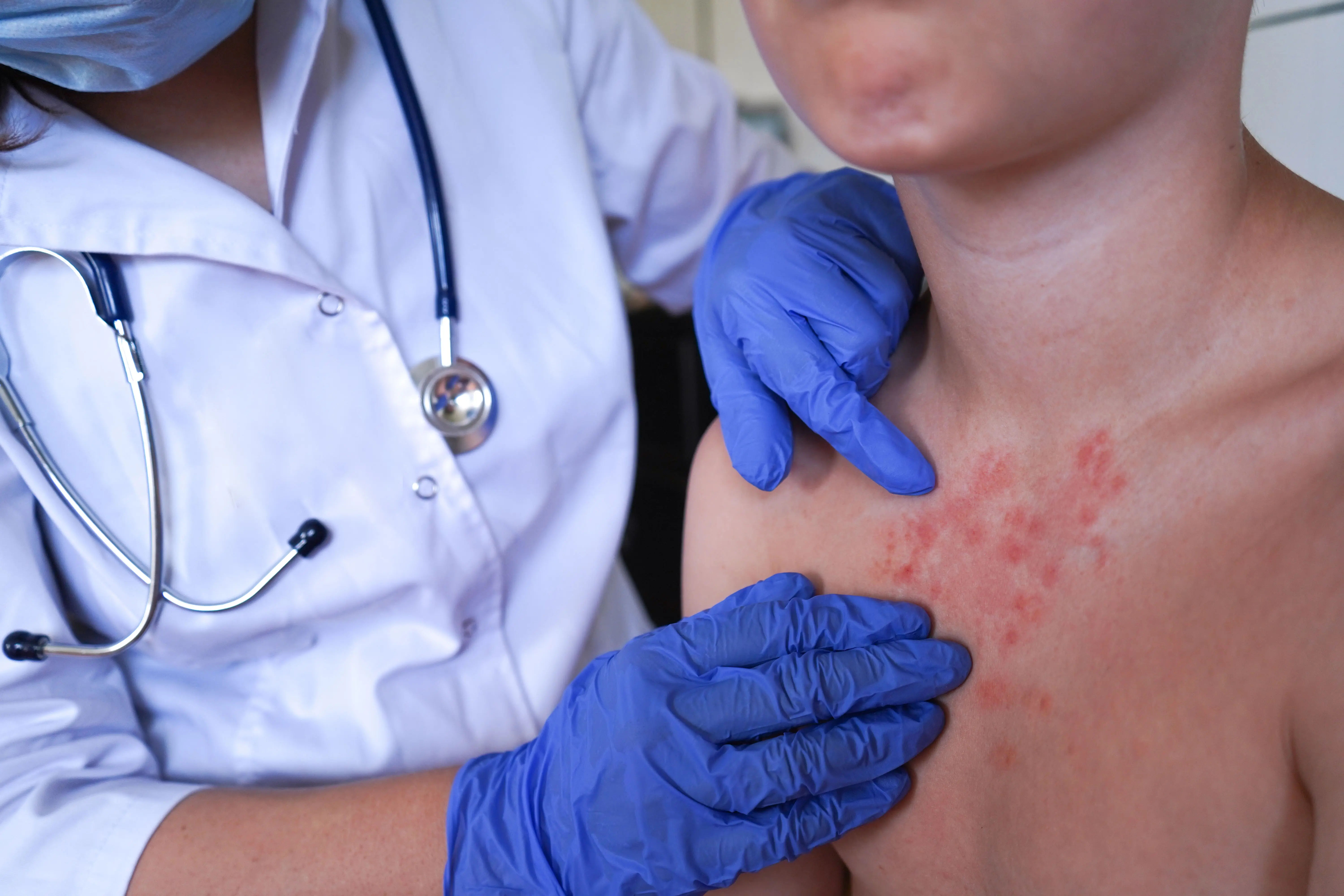- Female
- 32 Years
- 29/01/2025
I'm a 32-year-old female with medium fair skin, and I've been wondering about sunlight exposure since I've been spending much more time indoors because of the pandemic. If I'm planning to take a walk outside to get some sunlight, when is the best time of day to do this, and when should I avoid it? Also, how much time should I spend in the sun each week or day, while wearing regular clothes, to make sure I'm getting enough Vitamin D?
Answered by 1 Apollo Doctors
For vitamin D production and minimizing skin damage, aim for short periods of sun exposure, specifically between 10am-4pm, with peak hours being 10am-11am and 3pm-4pm, and limit daily exposure to 10-15 minutes, 2-3 times a week, with regular clothes on, while avoiding prolonged exposure during peak hours, especially for fair skin,
Dr. Anshul Suggests...
Consult a Dermatologist
Answered 04/07/2025
0
0

More Dermatology Health Queries
View allCan you tell me how to properly use BREvoxyl creamy wash? I'm a bit confused about whether I should use it before or after taking a bath.
Visit Dermatologist for evaluation and appropriate management
Answered by 1 Apollo Doctors
How should I take Safi, and what side effects might I experience? Is it safe to use it twice a day? Could you give me detailed instructions on the correct dosage?
Safi is a natural inngredient.,side-effects are minimal like itching,rash ,allergic reactiona, nausea and vomiting etc.
Answered by 1 Apollo Doctors
I've noticed some white patches on my scalp after I recently shaved my head, but there's no itching or anything. Could it possibly be a fungal infection or something else? What should I do about it?
Visit your Physician for evaluation and appropriate management
Answered by 1 Apollo Doctors
Disclaimer: Answers on Apollo 247 are not intended to replace your doctor advice. Always seek help of a professional doctor in case of an medical emergency or ailment.





